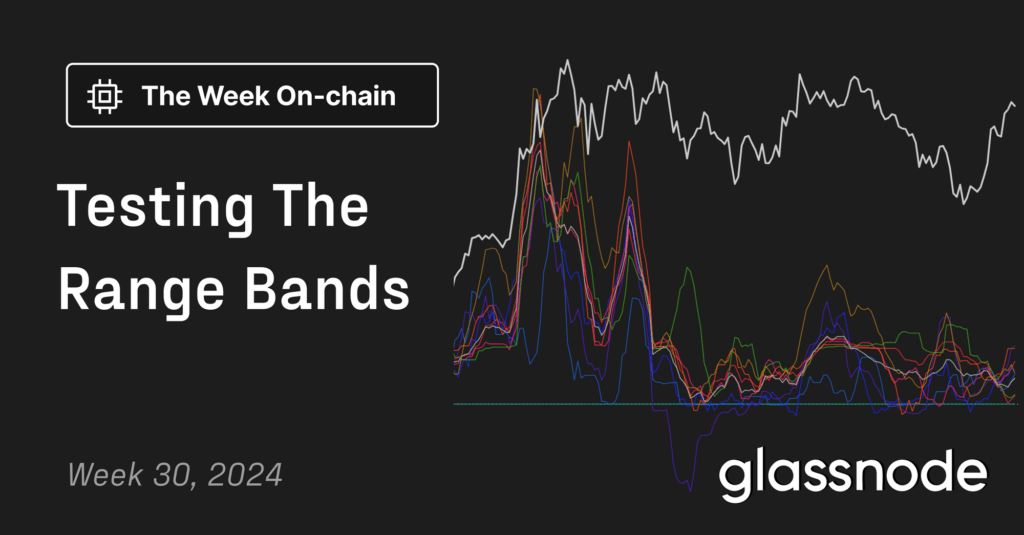Research Summary
This report provides an in-depth analysis of the token economy, focusing on the fundamental characteristics of tokenizing assets and the token economy. It discusses the concept of a token economy, the role of token policy in incentivizing validators, and the impact of supply and demand on the value of a token. The report also explores the similarities between the token economy and traditional economies, including the role of monetary policy and the impact of inflation.
Key Takeaways
Understanding the Token Economy
- Token Economy Basics: The token economy is similar to traditional economies, with participants engaging in activities related to the production, consumption, and trade of goods and services within a project ecosystem. The token policy is designed to incentivize validators to join and secure the network.
- Role of Supply and Demand: The value of a token is determined by the productivity and reliability of the economy. When an economy can create and export goods and services to other economies, it increases the demand for its native currencies, making them more valuable over time.
- Monetary Policy in Token Economy: Just like in traditional economies, token economies also need to balance supply and demand to ensure efficient growth. This is where token policy comes into play, similar to how governments and central banks use monetary policy in traditional economies.
Token Policy and Inflation
- Impact of Inflation: In a token economy, tokens lose their purchasing power when the token’s floating supply increases faster than the demand for the protocol’s product. Those driving token policy need to be cautious about supply inflation and effective distribution of tokens.
- Subsidizing Security: Many projects have adopted a staking mechanism to incentivize people not to sell their tokens. However, these staking yields are often unsustainable and can lead to inflation.
- Effects of Burning: While burning tokens can increase their purchasing power, it can also negatively impact validators, potentially reducing decentralization and network security.
Actionable Insights
- Importance of Token Policy: Understanding and effectively managing token policy is crucial for the success of a token economy. It plays a key role in incentivizing validators, balancing supply and demand, and controlling inflation.
- Need for Balance: It’s important to strike a balance between incentivizing validators and controlling inflation. Over-reliance on staking yields can lead to unsustainable inflation, while excessive burning can negatively impact validators and network security.
- Role of Community: The community plays a crucial role in making decisions about token policy and sustainable tokenomics. They need to be mindful of the impact of their decisions on the overall health and stability of the token economy.











